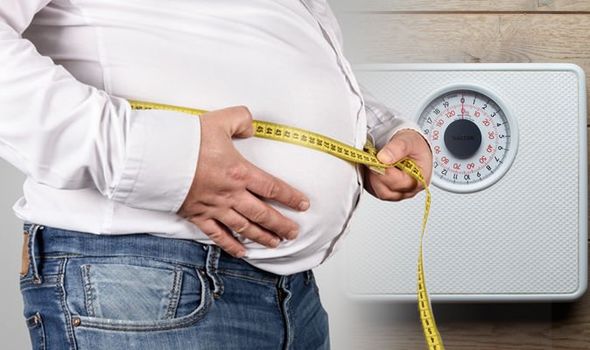According to one study published in the British Journal of Urology International (BJUI), the average length of a flaccid penis is 3.61 inches, while the average length of an erect penis is 5.16 inches. The average girth is 3.66 inches for a flaccid penis and 4.59 inches for an erect penis. Girth is the circumference of the penis at its widest section.
The worldwide average length of an erect penis is 13.58 centimeters (cm) or 5.35 inches. Broken down by country, the largest average size was 17.61 centimeters (6.93 inches), found in Ecuador and the smallest was 10.01 centimeters (3.95 inches) in Cambodia. Many males may have concerns about the size or appearance of their penis from time to time.
The Weight Problem
Excess weight and obesity have become a major challenge globally. They are caused by the increase in the size and the amount of fat cells in the body. Doctors measure body mass index (BMI) and waist circumference to screen and diagnose overweight and obesity. Obesity is a serious medical condition that can cause complications such as metabolic syndrome, high blood pressure, atherosclerosis, heart disease, diabetes, high blood cholesterol, cancers, and sleep disorders.
What is weight loss?
Weight loss, in the context of medicine, health, or physical fitness, refers to a reduction of the total body mass, by a mean loss of fluid, body fat (adipose tissue), or lean mass (namely bone mineral deposits, muscle, tendon, and other connective tissue). Weight loss can either occur unintentionally because of malnourishment or an underlying disease, or from a conscious effort to improve an actual or perceived overweight or obese state. Intentional weight loss is commonly referred to as slimming.
Does Losing Weight Increase Girth?
No, losing weight DOES NOT increase your girth or penile size. However, if you are obese or overweight and lose extra body fat around your thighs and stomach, your penis may appear bigger in size or longer in length. While it is true that people can consider penis size to be a genetic trait, many other factors impact penis size. These factors include hormones, nutrition, and diet.
Environmental pollutants, such as pesticides, plasticizers, and other chemicals, may also have a negative effect on penis size. These chemicals may act as endocrine disruptors and impact gene and hormone expression.
Epigenetics is a growing area of science investigating how the environment may affect gene expression. Researchers believe epigenetics plays a role in development and disease. They suspect it may influence hormone function and have a role in hormone disorders.
Studies both suggest that prenatal exposure to chemicals, such as phthalates, negatively impacts the genital development of male newborns.





